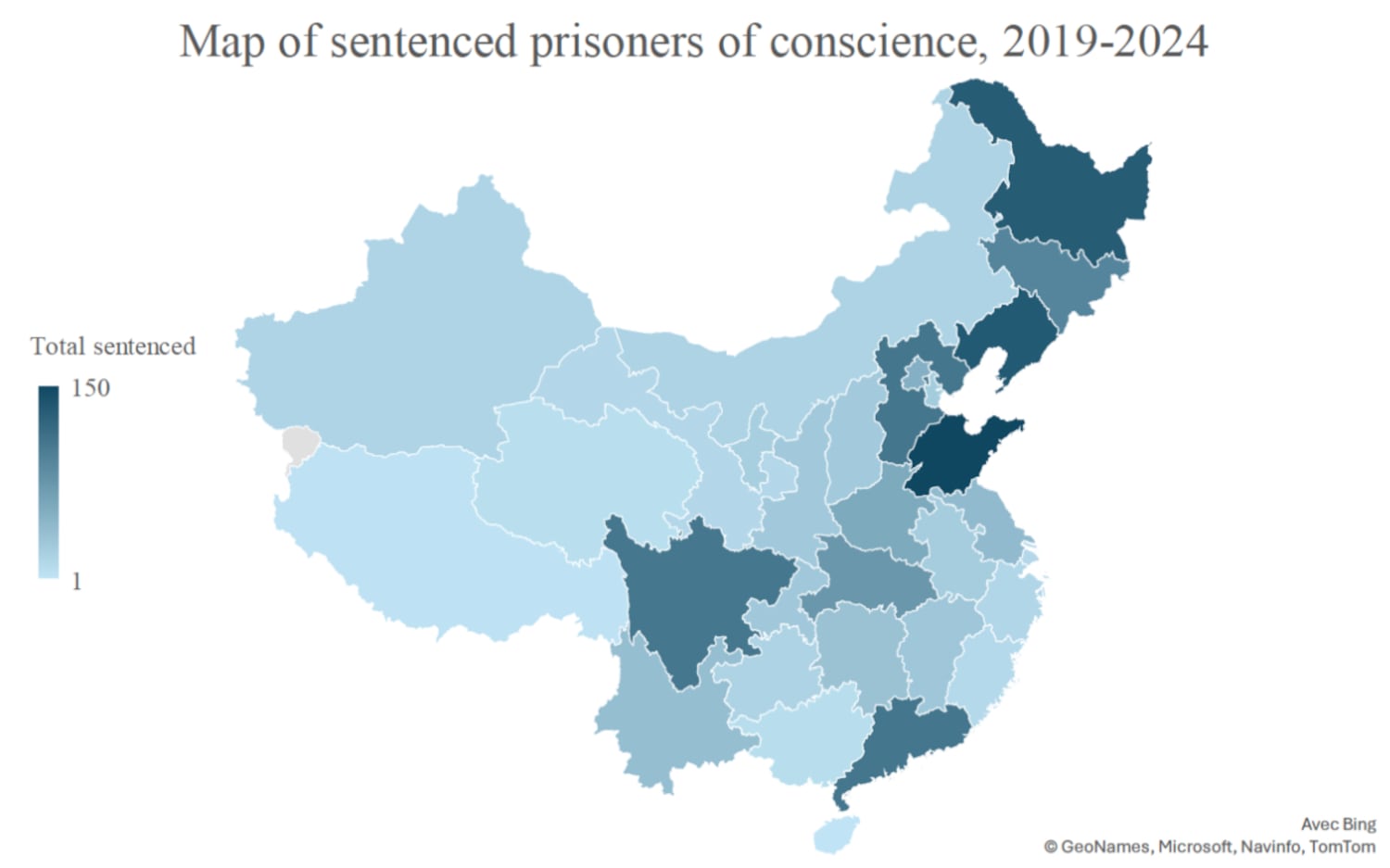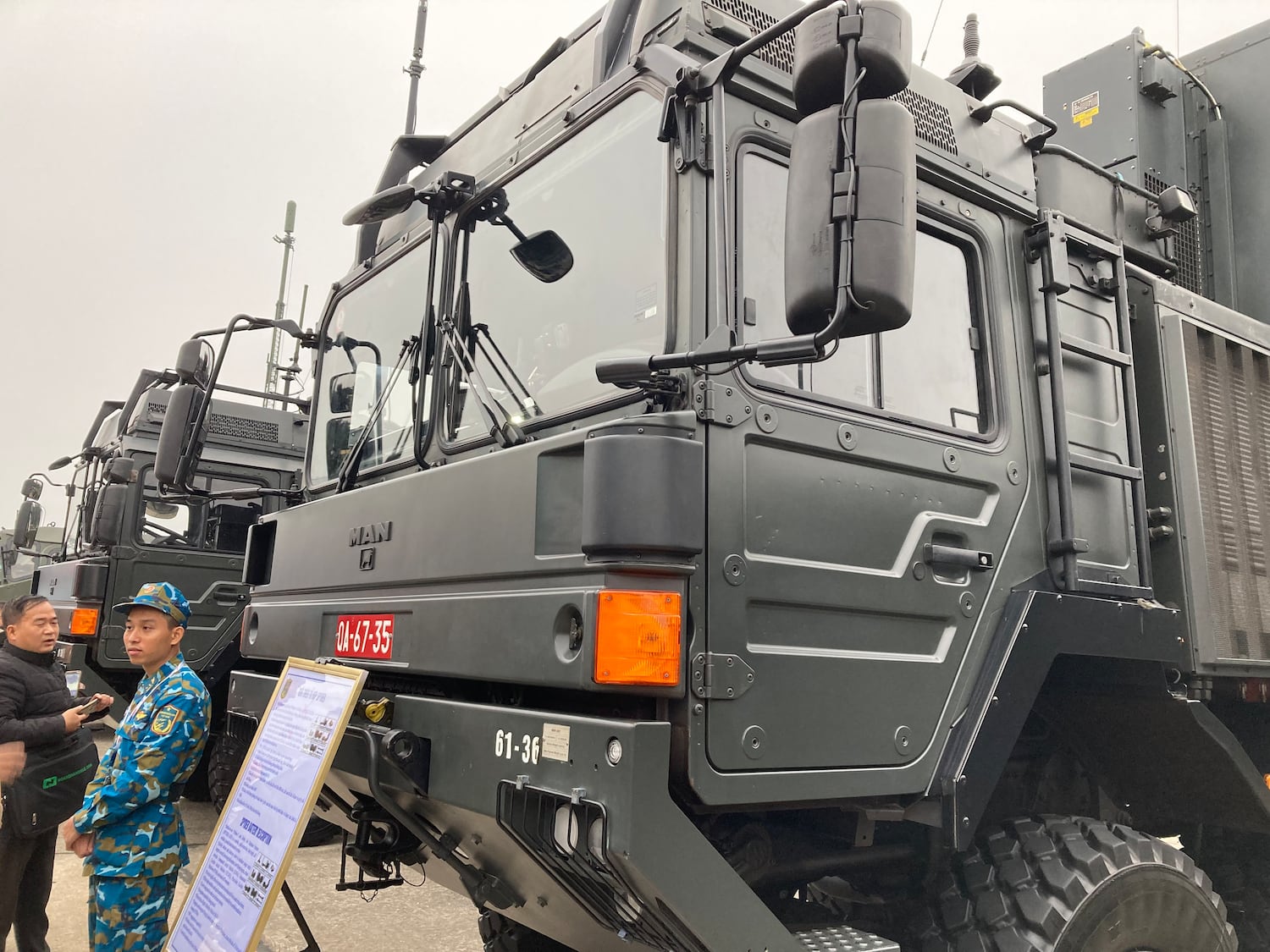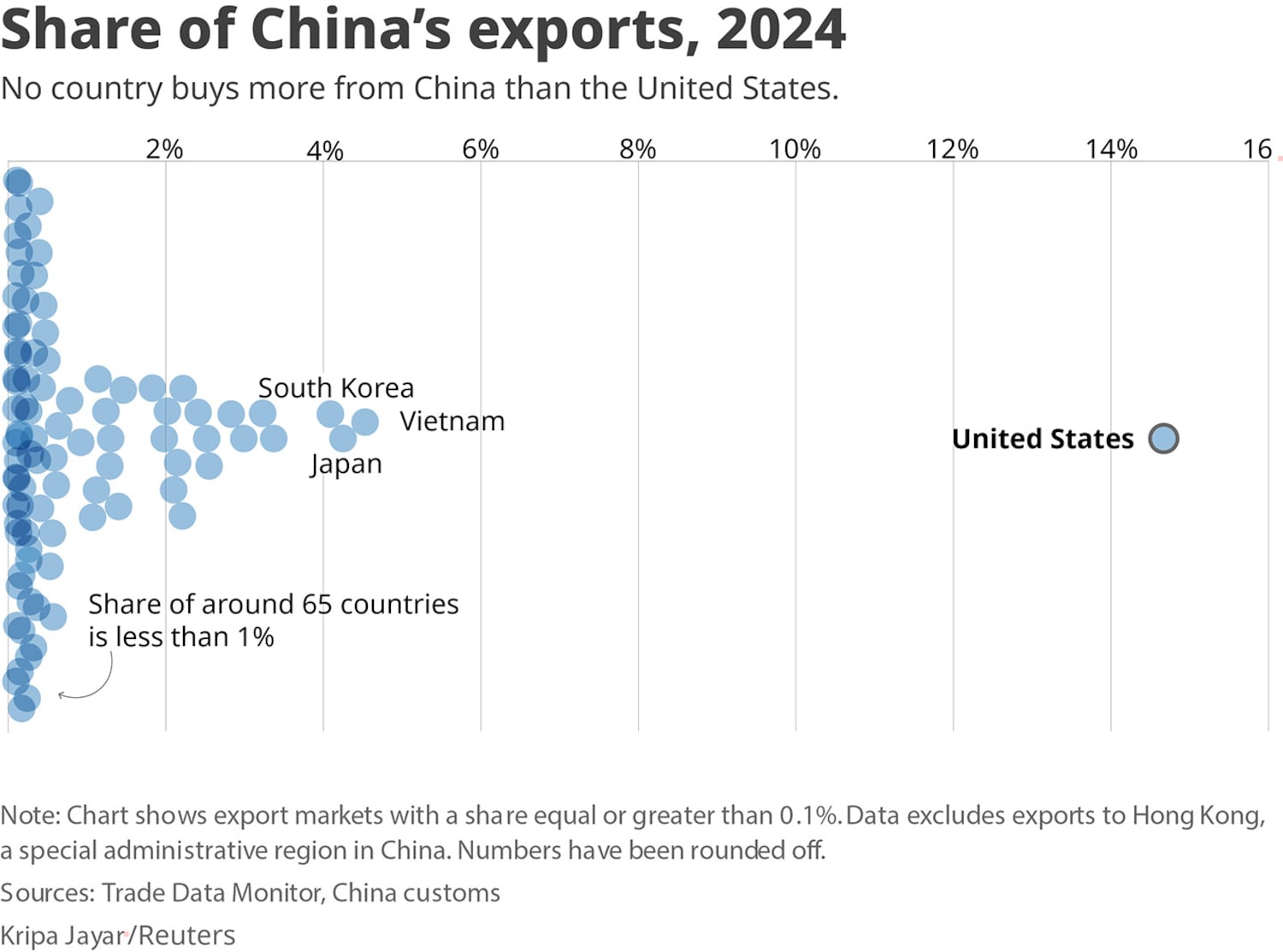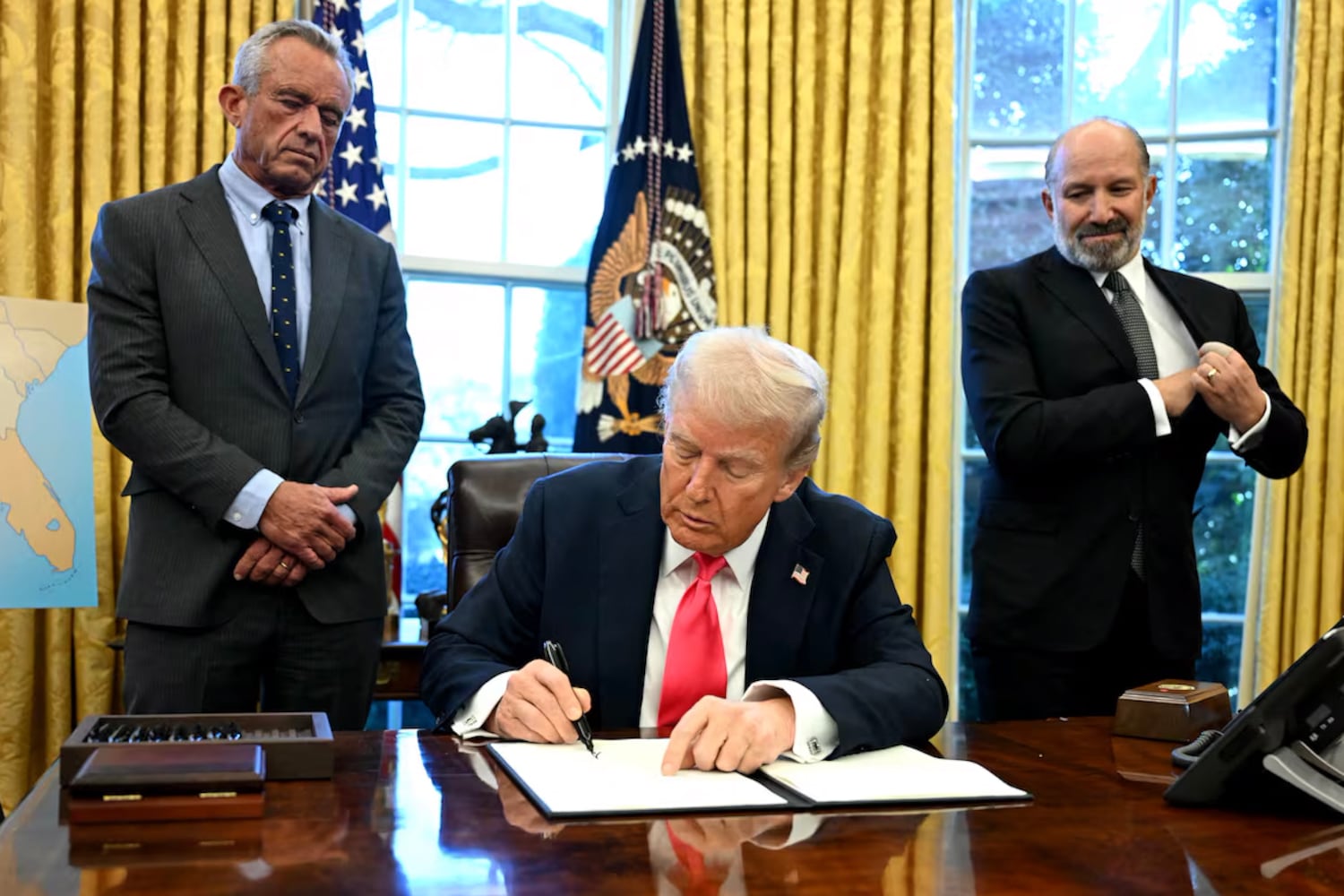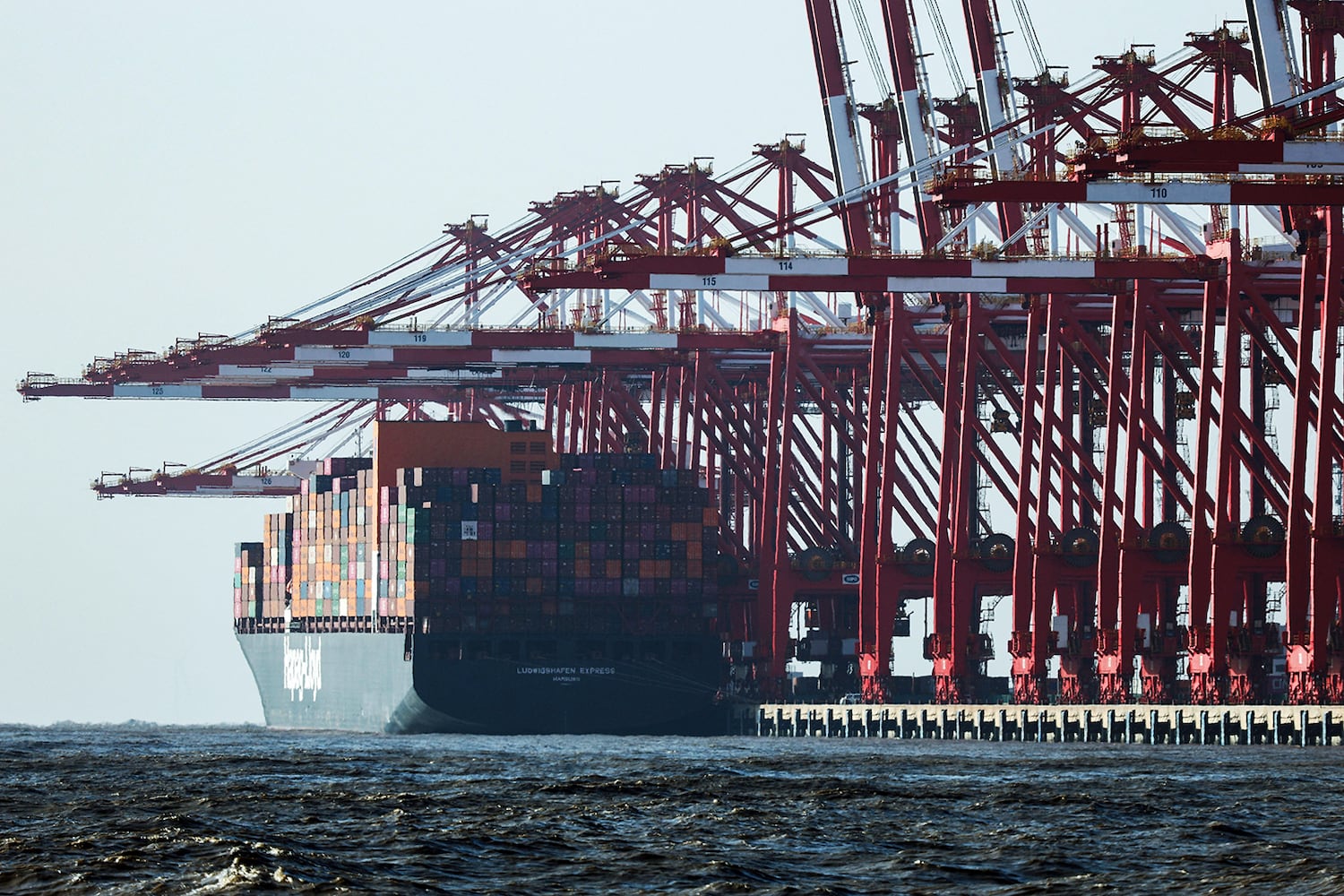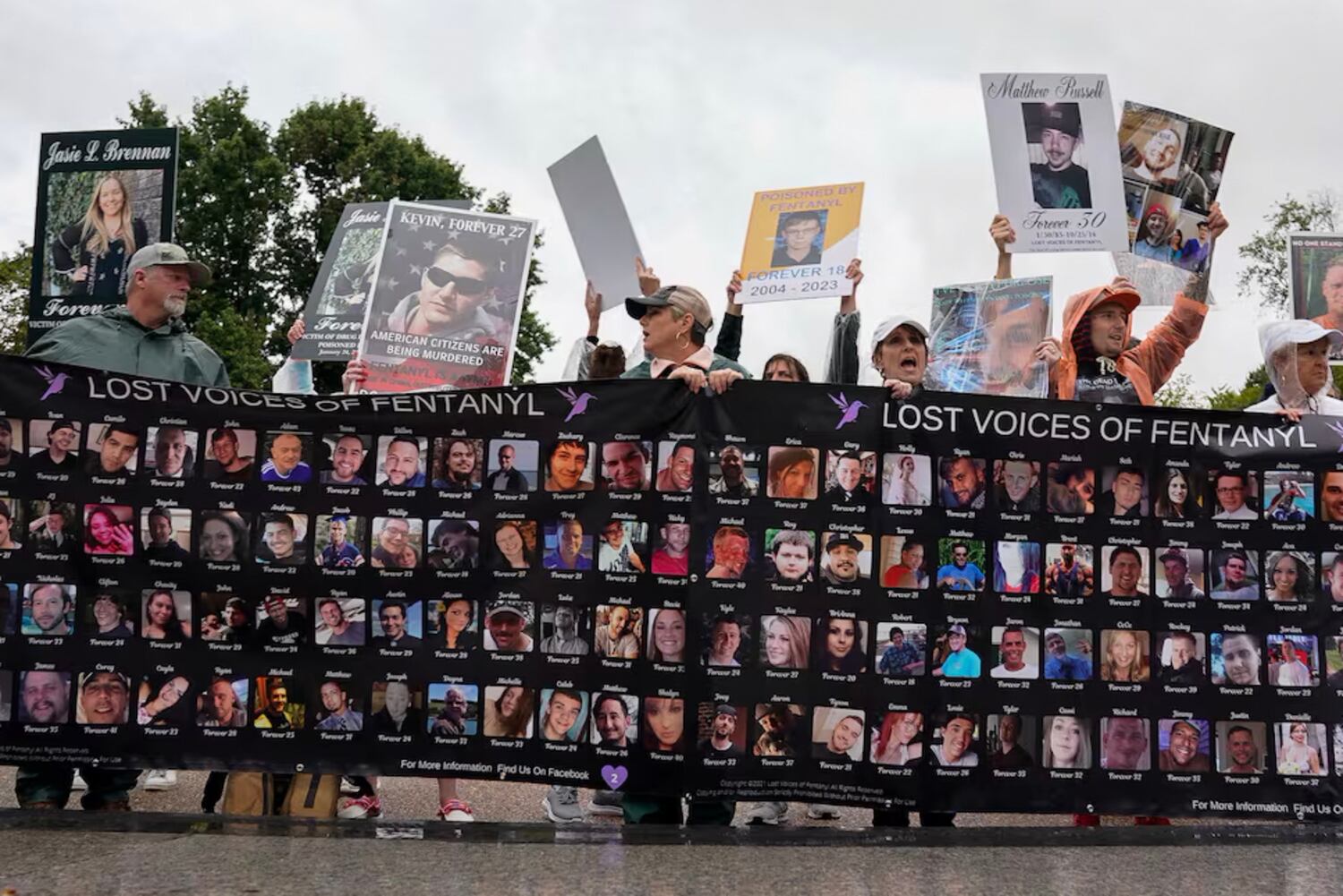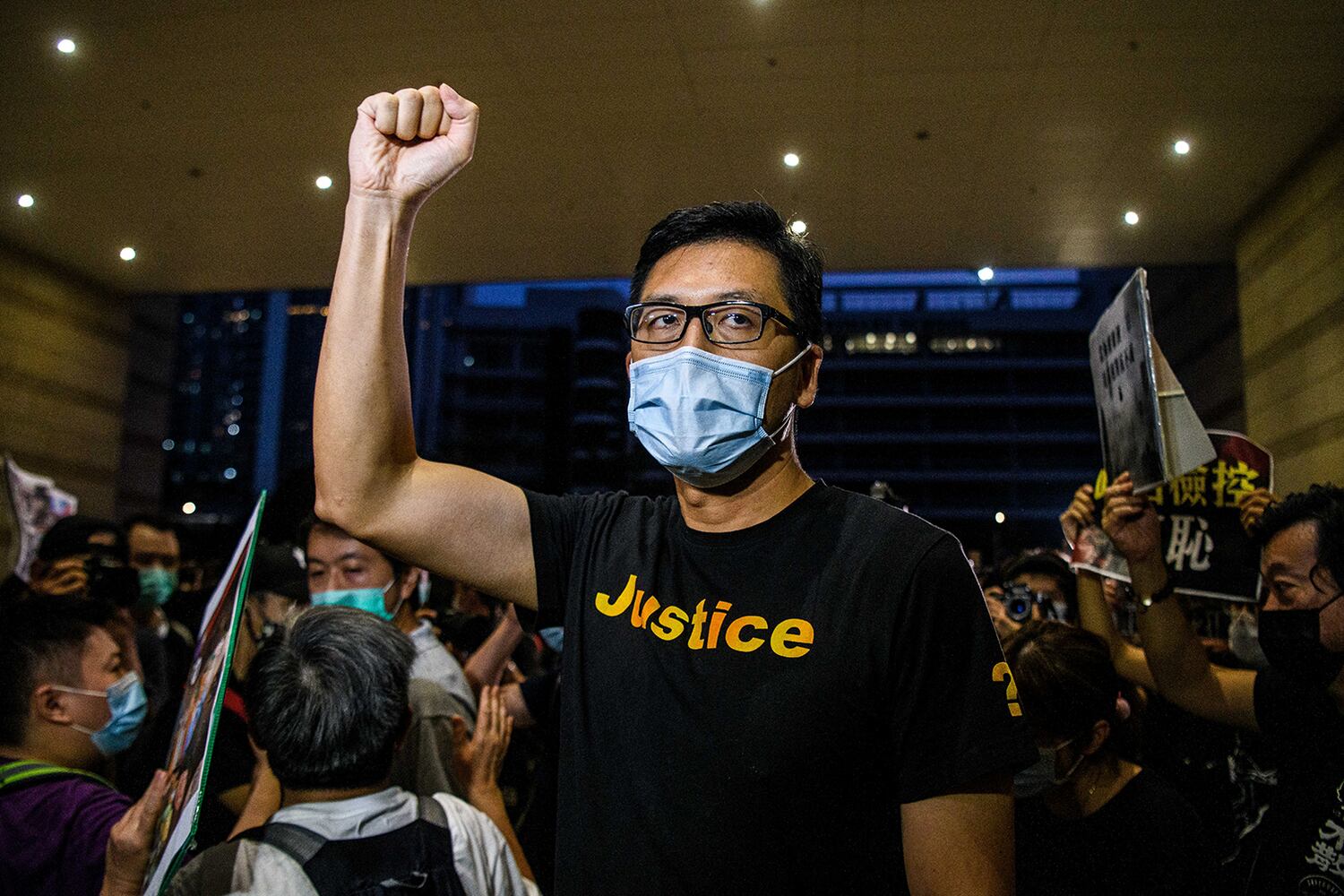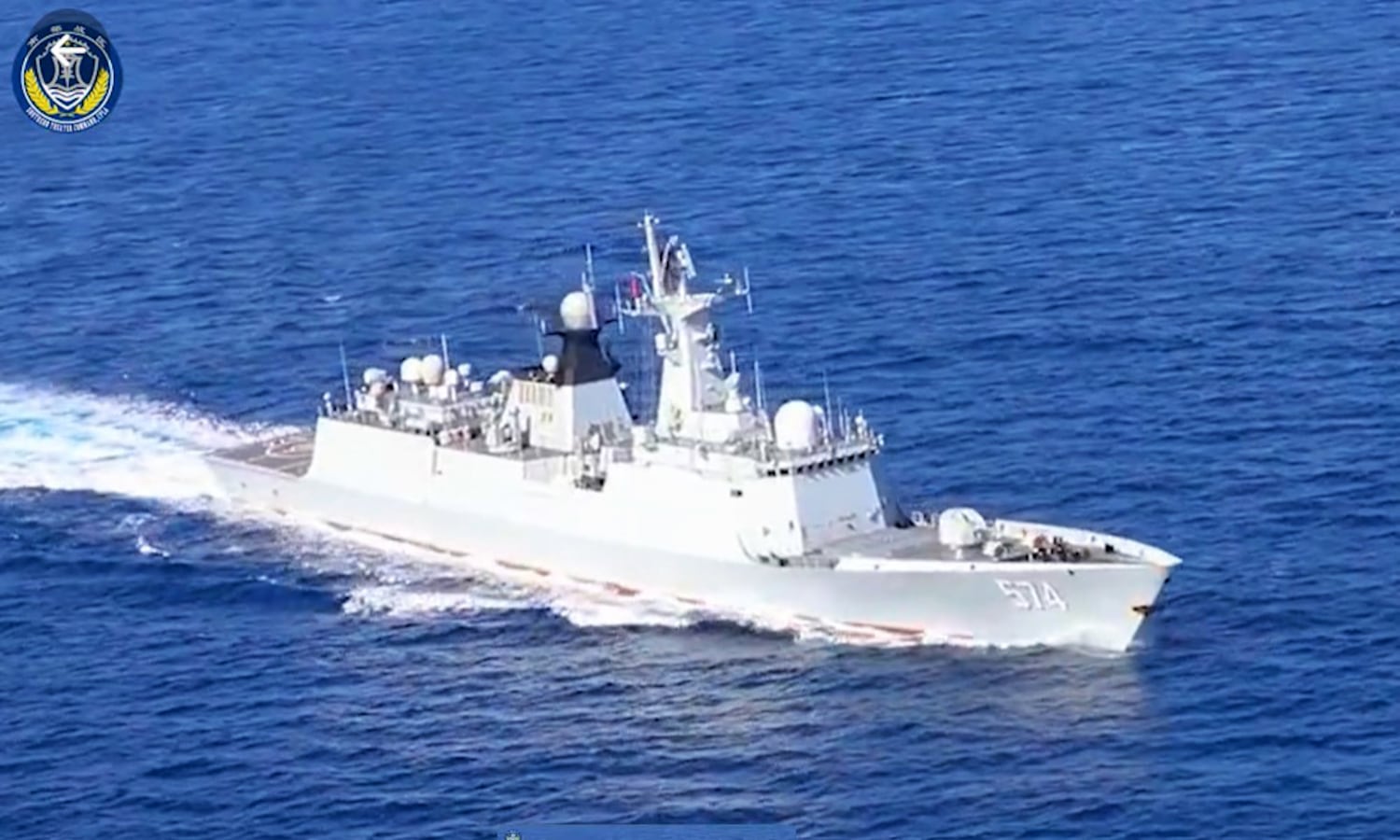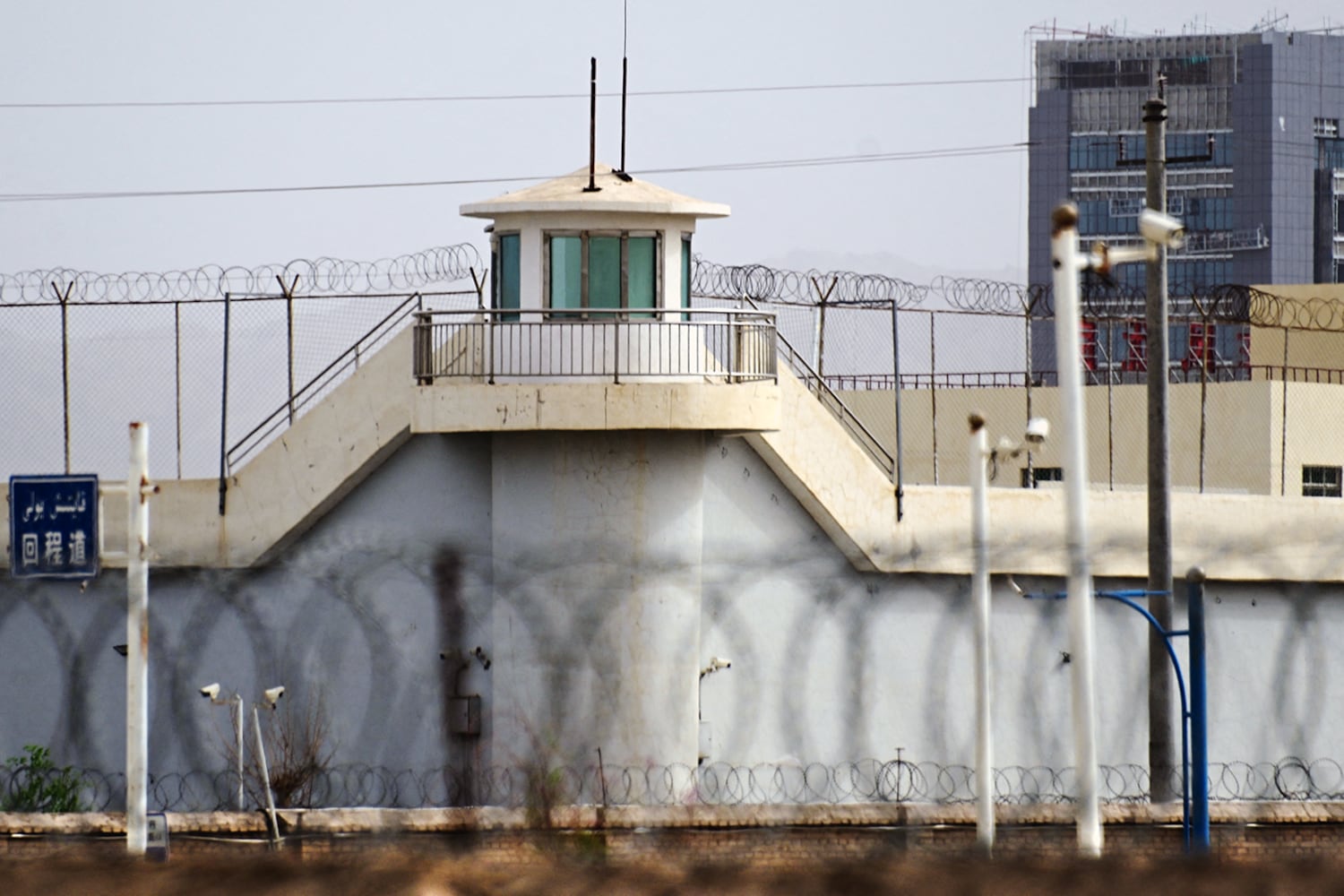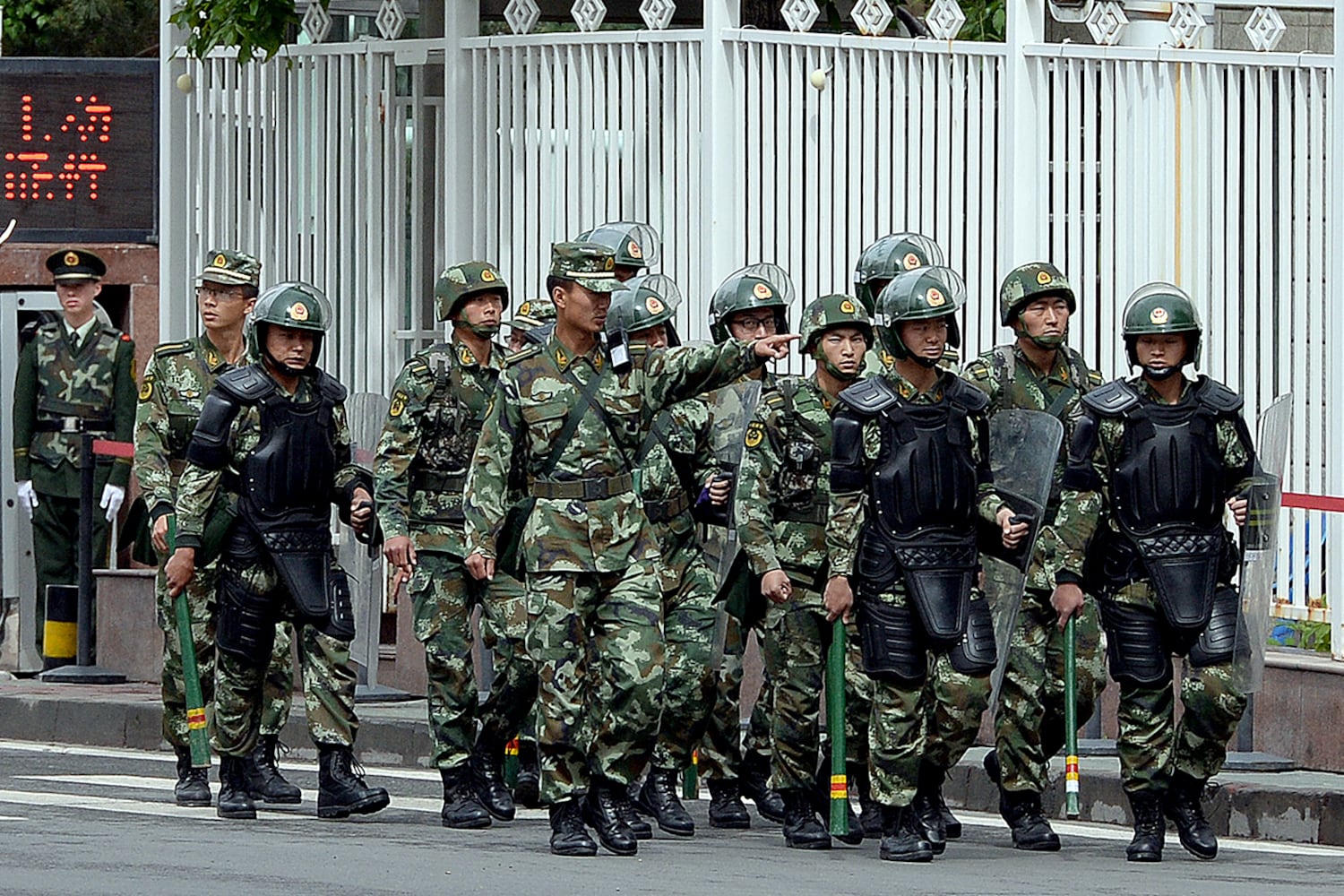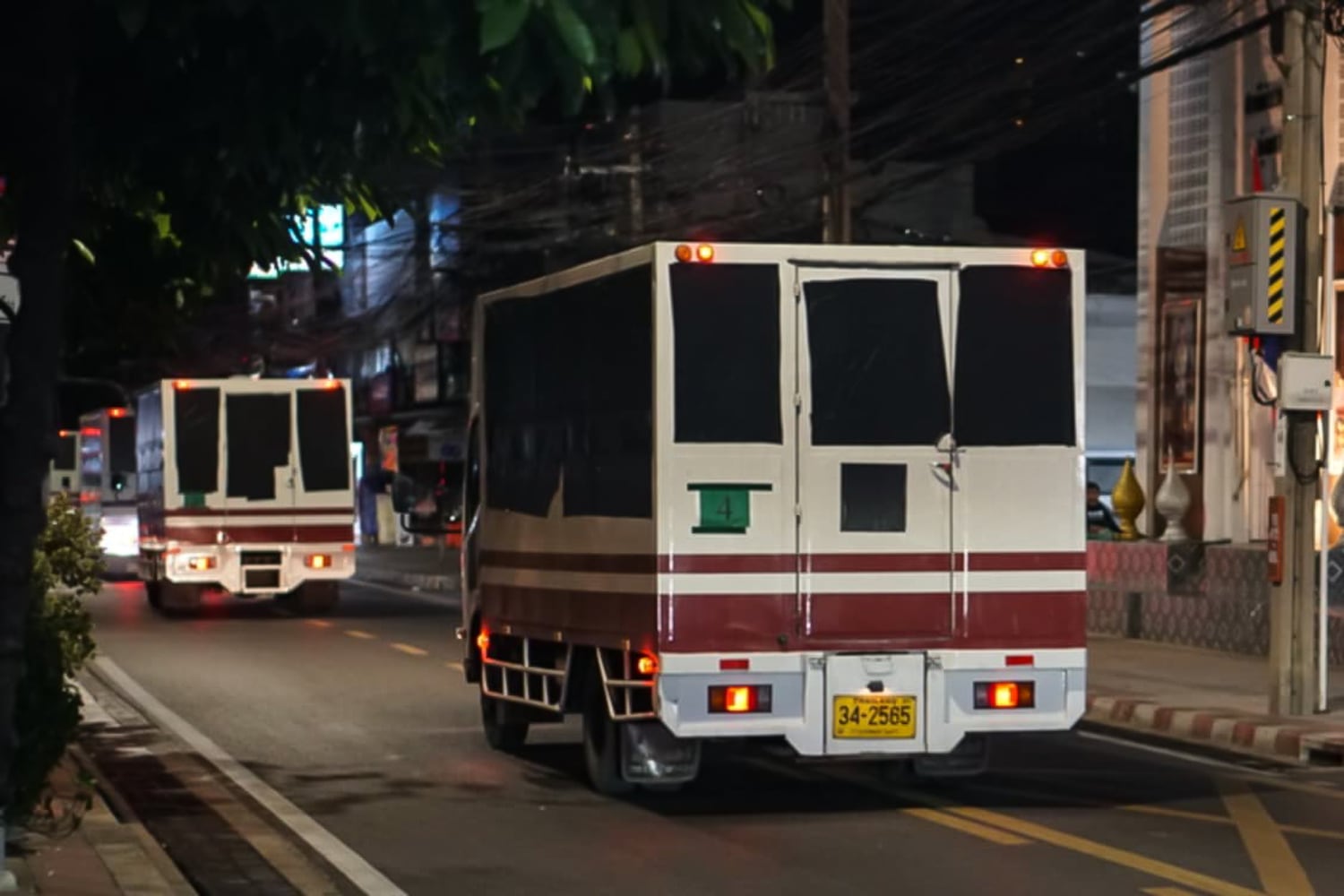ANALYSIS: By Ali Mirin
Last week, on 26 February 2025, President Prabowo Subianto officially launched Indonesia’s first bullion banks, marking a significant shift in the country’s approach to gold and precious metal management.
This initiative aims to strengthen Indonesia’s control over its gold reserves, improve financial stability, and reduce reliance on foreign institutions for gold transactions.
Bullion banks specialise in buying, selling, storing, and trading gold and other precious metals. They allow both the government and private sector to manage gold-related financial transactions, including hedging, lending, and investment in the global gold market.
Although bullion banks focus on gold, this move signals a broader trend of Indonesia tightening control over its natural resources. This could have a significant impact on West Papua’s coal industry.
With the government already enforcing benchmark coal prices (HBA) starting this month, the success of bullion banks could pave the way for a similar centralised system for coal and other minerals.
Indonesia also may apply similar regulations to other strategic resources, including coal, nickel, and copper. This could mean tighter government control over mining in West Papua.
If Indonesia expands national control over mining, it could lead to increased exploitation in resource-rich regions like West Papua, raising concerns about land rights, deforestation, and indigenous displacement.
Indonesia joined BRICS earlier this year and is now focusing on strengthening economic ties with other BRICS countries.
In the mining sector, Indonesia is using its membership to increase exports, particularly to key markets such as China and India. These countries are large consumers of coal and mineral resources, providing an opportunity for Indonesia to expand its export market and attract foreign direct investment in resource extraction.
India eyes coal in West Papua
India has shown interest in tapping into the coal reserves of the West Papua region, aiming to diversify its energy sources and secure coal supplies for its growing energy needs.
This initiative involves potential collaboration between the Indian government and Indonesian authorities to explore and develop previously unexploited coal deposits in West Papuan Indigenous lands.
However, the details of such projects are still under negotiation, with discussions focusing on the terms of investment and operational control.
Notably, India has sought special privileges, including no-bid contracts, in exchange for financing geological surveys — a proposition that raises concerns about compliance with Indonesia’s anti-corruption laws.
The prospect of coal mining in West Papua has drawn mixed reactions. While the Indonesian government is keen to attract foreign investment to boost economic development in its easternmost provinces, local communities and environmental groups express apprehension.
The primary concerns revolve around potential environmental degradation, disruption of local ecosystems, and the displacement of indigenous populations.
Moreover, there is scepticism about whether the economic benefits from such projects would trickle down to local communities or primarily serve external interests.
Navigating ethical, legal issues
As India seeks to secure energy resources to meet its domestic demands, it must navigate the ethical and legal implications of its investments abroad. Simultaneously, Indonesia faces the challenge of balancing economic development with environmental preservation and the rights of its indigenous populations.
While foreign investment in Indonesia’s mining sector is welcome, there are strict regulations in place to protect national interests.
In particular, foreign mining companies must sell at least 51 percent of their shares to Indonesian stakeholders within 10 years of starting production. This policy is designed to ensure that Indonesia retains greater control over its natural resources, while still allowing international investors to participate in the growth of the industry.
India is reportedly interested in mining coal in West Papua to diversify its fuel sources.
Indonesia’s energy ministry is hoping for economic benefits and a potential boost to the local steel industry. But environmentalists and social activists are sounding the alarm about the potential negative impacts of new mining operations.
During project discussions, India has shown an interest in securing special privileges, such as no-bid contracts, which could conflict with Indonesia’s anti-corruption laws.
Implications for West Papua
Indonesia, a country with a population of nearly 300 million, aims to industrialise. By joining BRICS (primarily Brasil, Russia, India, and China), it hopes to unlock new growth opportunities.
However, this path to industrialisation comes at a significant cost. It will continue to profoundly affect people’s lives and lead to environmental degradation, destroying wildlife and natural habitats.
These challenges echo the changes that began with the Industrial Revolution in England, where coal-powered advances drastically reshaped human life and the natural world.
West Papua has experienced a significant decline in its indigenous population due to Indonesia’s transmigration policy. This policy involves relocating large numbers of Muslim Indonesians to areas where Christian Papuans are the majority.
These newcomers settle on vast tracts of indigenous Papuan land. Military operations also continue.
One of the major problems resulting from these developments is the spread of torture, abuse, disease, and death, which, if not addressed soon, will reduce the Papuans to numbers too small to fight and reclaim their land.
Mining of any kind in West Papua is closely linked to, and in fact, is the main cause of, the dire situation in West Papua.
Large-scale exploitation
Since the late 1900s, the area’s rich coal and mineral resources have attracted both foreign and local investors. Large international companies, particularly from Western countries, have partnered with the Indonesian government in large-scale mining operations.
While the exploitation of West Papua’s resources has boosted Indonesia’s economy, it has also caused significant environmental damage and disruption to indigenous Papuan communities.
Mining has damaged local ecosystems, polluted water sources and reduced biodiversity. Indigenous Papuans have been displaced from their ancestral lands, leading to economic hardship and cultural erosion.
Although the government has tried to promote sustainable mining practices, the benefits have largely bypassed local communities. Most of the revenue from mining goes to Jakarta and large corporations, with minimal reinvestment in local infrastructure, health and education.
For more than 63 years, West Papua has faced exploitation and abuse similar to that which occurred when British law considered Australia to be terra nullius — “land that belongs to no one.” This legal fiction allowed the British to disregard the existence of indigenous people as the rightful owners and custodians of the land.
Similarly, West Papua has been treated as if it were empty, with indigenous communities portrayed in degrading ways to justify taking their land and clearing it for settlers.
Indonesia’s collective view of West Papua as a wild, uninhabited frontier has allowed settlers and colonial authorities to freely exploit the region’s rich resources.
Plundering with impunity
This is why almost anyone hungry for West Papua’s riches goes there and plunders with impunity. They cut down millions of trees, mine minerals, hunt rare animals and collect precious resources such as gold.
These activities are carried out under the control of the military or by bribing and intimidating local landowners.
The Indonesian government’s decision to grant mining licences to universities and religious groups will add more headaches for Papuans. It simply means that more entities have been given licences to exploit its resources — driving West Papuans toward extinction and destroying their ancestral homeland.
An example is the PT Megapura Prima Industri, an Indonesian coal mining company operating in Sorong on the western tip of West Papua. According to the local news media Jubi, the company has already violated rules and regulations designed to protect local Papuans and the environment.
Allowing India to enter West Papua, will have unprecedented and disastrous consequences for West Papua, including environmental degradation, displacement of indigenous communities, and human rights abuses.
As the BRICS nations continue to expand their economic footprint, Indonesia’s evolving mining landscape is likely to become a focal point of international investment discourse in the coming years.
Natural resources ultimate target
This means that West Papua’s vast natural resources will be the ultimate target and will continue to be a geopolitical pawn between superpowers, while indigenous Papuans remain marginalised and excluded from decision-making processes in their own land.
Regardless of policy changes on resource extraction, human rights, education, health, or any other facet, “Indonesia cannot and will not save West Papua” because “Indonesia’s presence in the sovereign territory of West Papua is the primary cause of the genocide of Papuans and the destruction of their homeland”.
As long as West Papua remains Indonesia’s frontier settler colony, backed by an intensive military presence, the entire Indonesian enterprise in West Papua effectively condemns both the Papuan people and their fragile ecosystem to a catastrophic fate, one that can only be avoided through a process of decolonisation and self-determination.
Restoring West Papua’s sovereignty, arbitrarily taken by Indonesia, is the best solution so that indigenous Papuans can engage with their world on their own terms, using the rich resources they have, and determining their own future and development pathway.
Ali Mirin is a West Papuan academic and writer from the Kimyal tribe of the highlands bordering the Star mountain region of Papua New Guinea. He lives in Australia and contributes articles to Asia Pacific Report.
This content originally appeared on Asia Pacific Report and was authored by APR editor.
This post was originally published on Radio Free.
